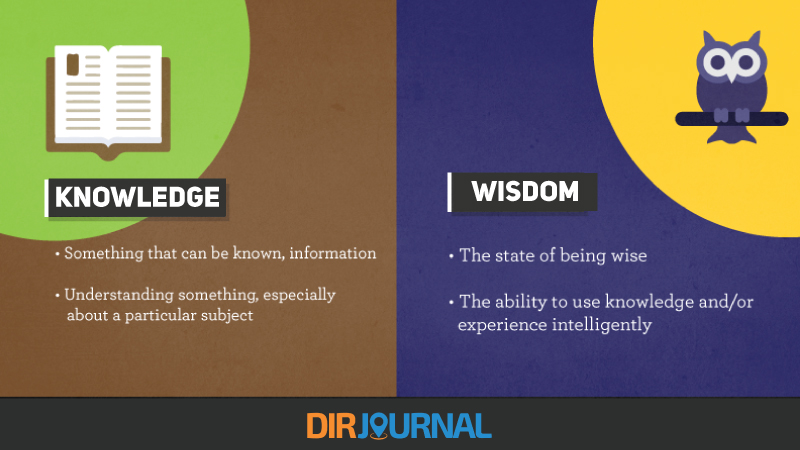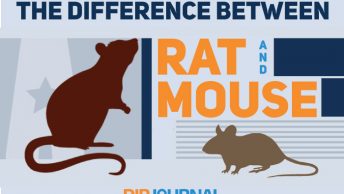
Is there a Difference Between Knowledge and Wisdom?
Ever hear the old saying that someone is ‘book smart but lacks the common sense of a donkey!’ In many ways this describes the difference between someone who possesses knowledge but lacks wisdom. Yes, there is a difference between knowledge and wisdom. You can possess knowledge without being very wise, but you cannot be wise without possessing some knowledge.
Confused Yet?
That’s okay, the two words are closely related, and you do need to have knowledge to possess wisdom, but simply possessing knowledge doesn’t mean that you are wise. Wisdom is a mixture of experience, common sense and knowledge, the ability to judge and understand the grand scheme of things. Knowledge is just a collection of data or facts. It means that you have studied something and have gained data from it but you don’t necessarily understand what that data means, or how it fits into the grand scheme of things.
An Example
A young soldier has graduated with great honors from a military academy. He understands all of the formations and the battle lines and defensive and offensive tactics; he knows the history of all the great wars and the tactics of all the great generals. He has military knowledge. He has poured over the data and possesses the knowledge of the history and the theory of warfare, but it is all he really knows. He has never been in warfare and is gung ho to try it firsthand.
A wise General has some knowledge of tactics. He did not go to military school. He knows some history of war, and he possesses some military knowledge. He worked his way up through the ranks through several wars, fighting in the trenches, leading troops, surveying battlefields for generals before him. He has lost friends and allies and trusted lieutenants. He understands the reality of war.
The young soldier reaches a battlefield against an enemy, arranges his troops into the best battle lines, devises the best plan of attack based on what he has been taught, and marches headlong into a slaughter. His men are shattered and he is routed, all of his knowledge was defeated by a small enemy on higher ground with seasoned, entrenched troops.
The general arrives at the same scene and waits for all of his troops to arrive, takes his time to survey the ground and the field. He maneuvers troops so he has his enemy encircled. While he does not have the high ground he has moved artillery up to nullify the benefits of the high ground. Essentially he has his enemy beaten before he fires a shot. Even then, instead of attacking, he points all of these advantages out to his enemy, offering an option of avoiding warfare at all.
In this example the young soldier has great knowledge but is rash and lacks wisdom. The general has some knowledge but has patience and experience, and therefore is wise.













